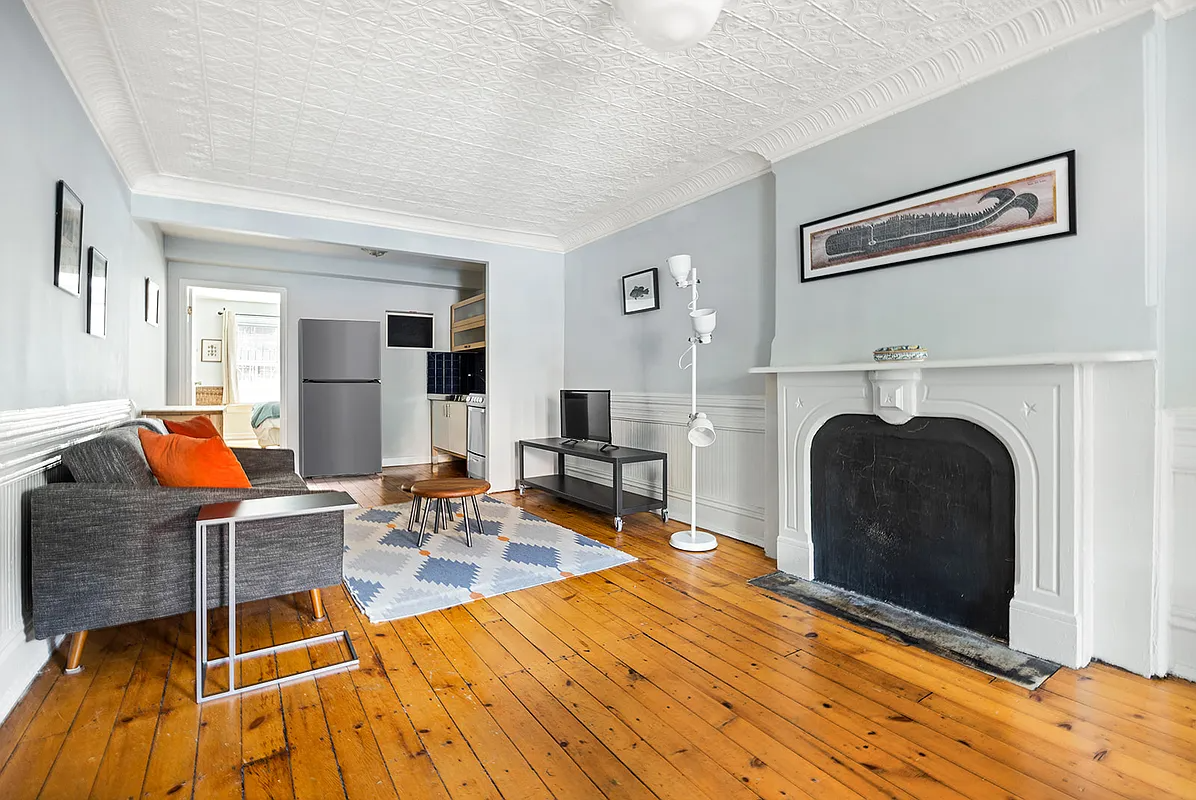Gloom And Doom for RE Outside of NYC
Fortune Magazine is ratcheting up the real estate bubble rhetoric with several stories on the topic: We’re not forecasting a nationwide housing collapse. For one thing, the vast expanse of America between the coasts was never touched by real estate mania and is in no danger of a meltdown. And even some overheated markets -…
Fortune Magazine is ratcheting up the real estate bubble rhetoric with several stories on the topic:
We’re not forecasting a nationwide housing collapse. For one thing, the vast expanse of America between the coasts was never touched by real estate mania and is in no danger of a meltdown. And even some overheated markets – including Manhattan, Los Angeles and California’s Orange County – are still simmering. But things are suddenly looking very chilly indeed in four coastal cities – Boston, Washington, Miami and San Diego – as well as three Western boomtowns: Phoenix, Las Vegas and Sacramento. So far this year, monthly sales have fallen 11 percent to 25 percent in Miami, Boston, northern Virginia and San Diego, according to local housing experts.
This is an interesting back drop for the anecdotal evidence we’ve been hearing that things in Brooklyn have been picking up a bit in recent weeks. Maybe it’s just a seasonal pick-up.
Welcome to the Dead Zone [Fortune]





Here’s a funny snippet from an article in the WashingtonPost profiling some people who were entering the market and some who were leaving…. it’s talking about the D.C. market, but applicable here, as well.
———————————-
Sweeney, 35, said he realized at the height of the market frenzy last summer that the numbers were no longer adding up for him.
When he decided to buy his two-bedroom, two-bath condo in Falls Church in 2002, Sweeney estimated that he could, if he wanted, rent it out for about $1,200 a month, or about 1 percent of the $125,000 purchase price. That was reasonable, Sweeney thought, an indication of a market in the balance. But home prices kept going up. And up.
“The discrepancy between ownership and rent just went bonkers,” he said. “I realized I could move out and take the cash and invest it, and defray the cost of living somewhere else.”
So in June, Sweeney cashed in. He sold his place in three days, for $280,000. “I just said: ‘This is weird. Things just don’t go up 100 percent,’ ” he recalled. “Weird things make me scared. I ran away.”
Here’s a funny snippet from an article in the WashingtonPost profiling some people who were entering the market and some who were leaving…. it’s talking about the D.C. market, but applicable here, as well.
———————————-
Sweeney, 35, said he realized at the height of the market frenzy last summer that the numbers were no longer adding up for him.
When he decided to buy his two-bedroom, two-bath condo in Falls Church in 2002, Sweeney estimated that he could, if he wanted, rent it out for about $1,200 a month, or about 1 percent of the $125,000 purchase price. That was reasonable, Sweeney thought, an indication of a market in the balance. But home prices kept going up. And up.
“The discrepancy between ownership and rent just went bonkers,” he said. “I realized I could move out and take the cash and invest it, and defray the cost of living somewhere else.”
So in June, Sweeney cashed in. He sold his place in three days, for $280,000. “I just said: ‘This is weird. Things just don’t go up 100 percent,’ ” he recalled. “Weird things make me scared. I ran away.”
Anon @4:11 housing fell in the mid 70’s as well as the early 80’s to name some of the more recent slumps.
Edit: Easier to do math than at 11.30pm.
90% of 165% would be about a 150% valuation, or 25% annual return. However, that’s also the return on the value of the entire home and is assuming you paid cash. If you did a 25% down mortgage, that’s actually a 100% annual return on your investment.
And THAT would turn sellers into paupers?
Ah. Glad to see the debate turned civil again.
Thoughts on the above:
1) Brooklyn is not different from the rest of the country. If anything, it’s worse. Browsing through the Times today I realized that at the prices we’re looking at for a place in the Slope, we can actually look at some places of similar size and better quality in Midtown/UWS Manhattan. Granted, they’d be a unit in a complex instead of a condo or coop in a brownstone, but still, THAT’S screwed up.
2) Not sure why everyone thinks a 10-15% drop in prices is going to kill sellers. We looked at one place that their asking is about 65% over what we know they paid 2 years ago. By my math, 90% of 165% is still about 140%, or a 40% return over two years. How that’s going to impoverish somebody, unless you borrowed out on that value and have been living off of it, is beyond me.
3) Word on the interest rates. Realistically, what a buyer cares about is the monthly payments. If rates go up, the purchase price that you can pay goes down. Incidentally, this is what helped cause the housing bubble in the first place. Low rates led to people being able to afford more house causing bidding wars, and well, X years later….
The thing with the slash marks is weird. I have had it happen to me and I have seen it in posts made by others as well. I can only guess that it has something to do with fonts or keyboard mapping?
I know the poster’s IP address is visible. Even so, if he’s able to vary it more or less at will, then knowing what IP address he’s posting under during any given period doesn’t seem that important. Yes, there are stylistic things and personality traits that will show through in his posts and these are traceable to a degree. My point was just that you can’t reasonably think of his IP address as a proverbial smoking gun when he’s able to change IP addresses at will.
It can be but there are ways to trace back.Spoofing, unless you’re a real computer geek, is usually done in emails. Not to mention it’s pretty obvious who constantly tries to start trouble with incendiary comments. His name may change, his writing style can change but his personality can’t. And yes- he seems to get a new address every five minutes- but Mr. B can still see when a group of posts within a certain time frame come from the same ISP.
Not really. An IP address is easily spoofed. You will never get anywhere fighting these trolls by simply banning IP addresses. Ban one address and in five seconds they will have a different one.